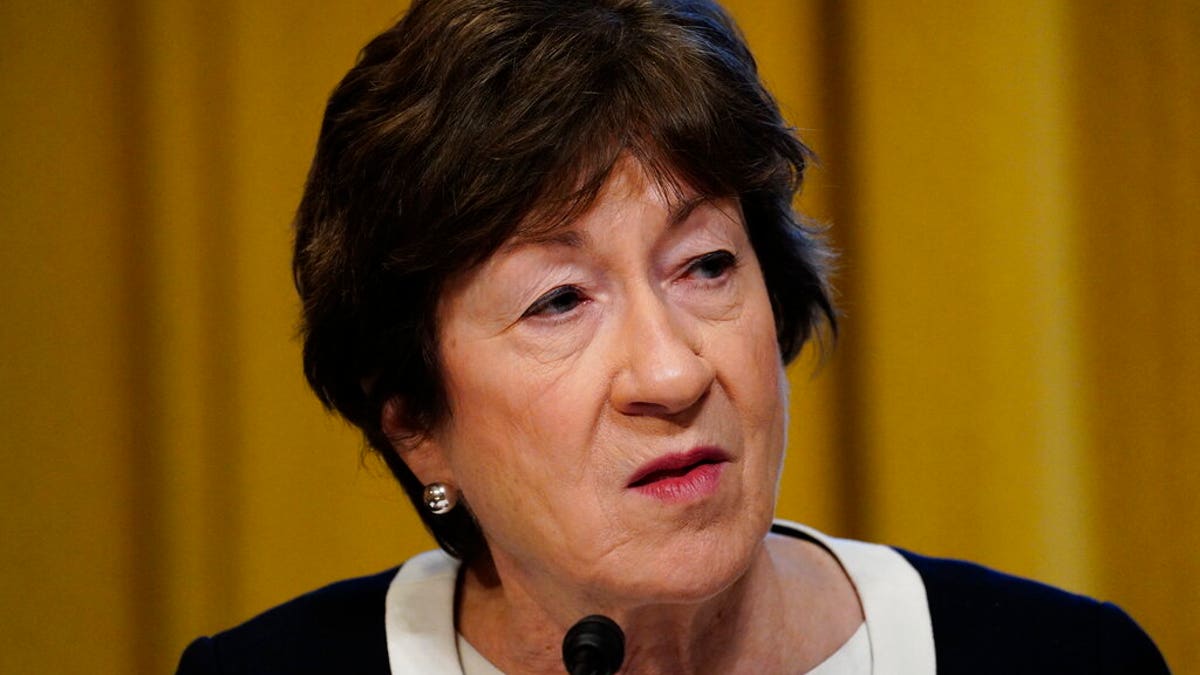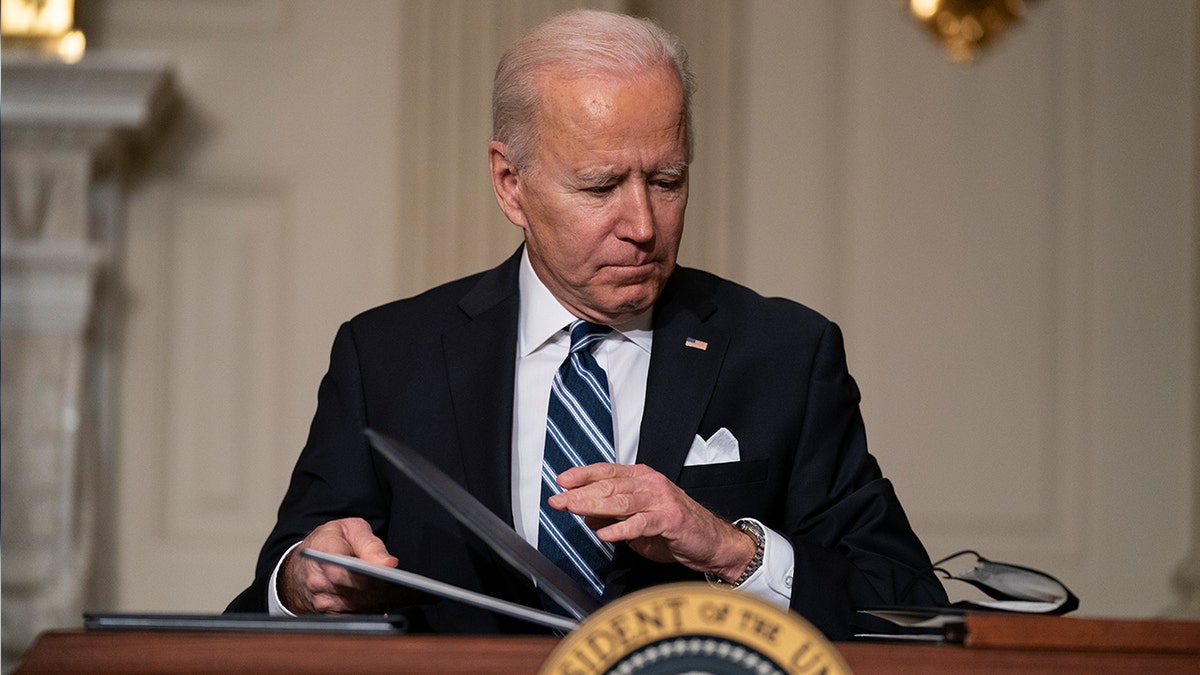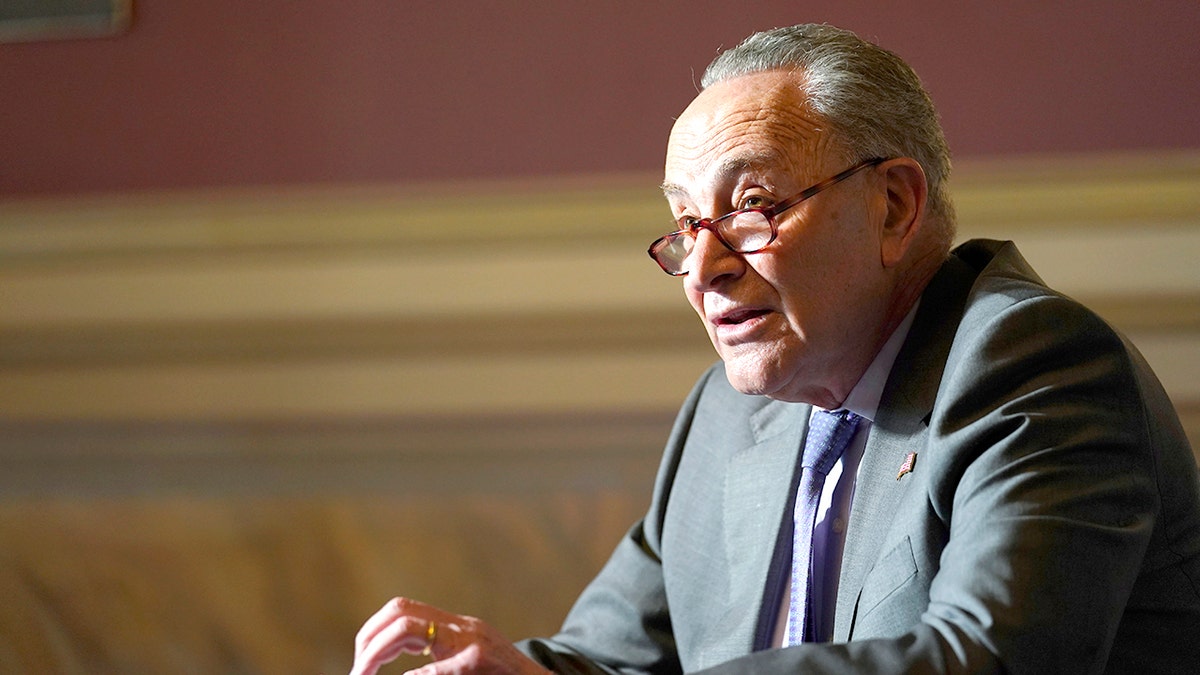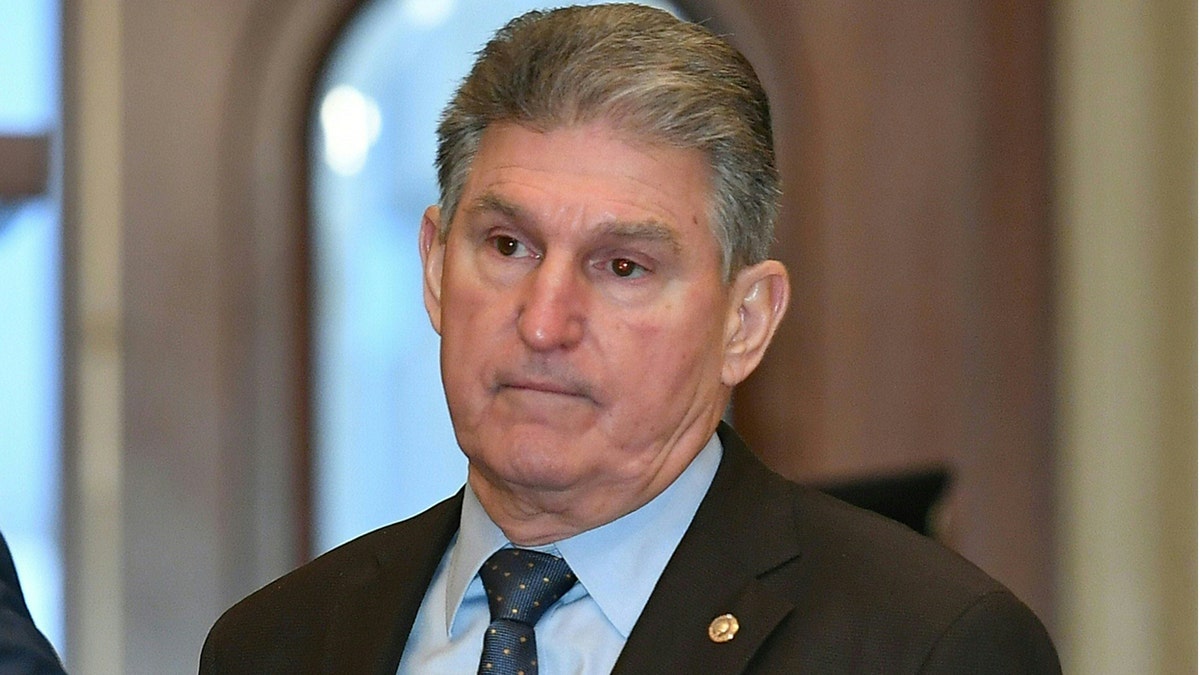Republican senators to make counteroffer to Biden's $1.9T COVID-19 plan
GOP senators to meet with President Joe Biden on coronavirus relief; reaction from Rep. Fred Keller.
A group of 10 Republican senators is headed to the White House Monday to discuss a potential compromise on a coronavirus relief plan that could gain bipartisan support to pass the Senate, in the first sign of significant talks between the parties on the issue.
The move comes as Democrats in Congress this week are taking the procedural steps necessary to pass a relief bill without any Republican support, using a brute-force legislative tactic called budget reconciliation that would allow them to circumvent a GOP filibuster.
And it follows a week in which Republicans were vocal that they felt left out of negotiations on the bill, and the White House was using aggressive pressure tactics to ensure moderate Democrats were on board with their coronavirus plan.
The group of 10 Republicans, which is led by Sen. Susan Collins of Maine announced a $600 billion plan Sunday. They revealed more details of the plan Monday, including $1,000 per person stimulus checks and $300 per week boosted unemployment benefits through June 30.
10 REPUBLICAN SENATORS AGREE TO MEET WITH BIDEN TO TALK COVID-19 RELIEF
"In 2020, Members of the House and Senate and the previous Administration came together on a bipartisan basis five times to direct the resources of the federal government toward combatting the urgent COVID-19 pandemic," the senators said in a letter to the White House. "Each of these laws received the support of members from both political parties."
They added: "With your support, we believe Congress can once again craft a relief package that will provide meaningful, effective assistance to the American people and set us on a path to recovery."

Sen. Susan Collins, R-Maine, speaks during a confirmation hearing for President-elect Joe Biden’s pick for national intelligence director Avril Haines before the Senate intelligence committee on Tuesday, Jan. 19, 2021, in Washington. Collins is leading a coalition of moderate Republicans to negotiate coronavirus relief with President Biden. (Melina Mara/The Washington Post via AP, Pool)
President Biden then invited the Republicans to the White House Monday to discuss their offer and the broader effort for coronavirus relief. The senators in the coalition if paired with all 50 Democrats could provide enough votes to overcome a filibuster by other Republicans. The group also includes Sens. Lisa Murkowski of Alaska; Bill Cassidy of Louisiana; Mitt Romney of Utah; Rob Portman of Ohio; Shelley Moore Capito of West Virginia; Todd Young of Indiana; Jerry Moran of Kansas; Mike Rounds of South Dakota; and Thom Tillis of North Carolina.
WHAT'S IN BIDEN'S $1.9T STIMULUS PLAN?
But the statement from White House press secretary Jen Psaki -- especially when contrasted with the letter from the Senate Republicans -- makes clear there is still a large gulf between Biden and even this group of moderates.
"With the virus posing a grave threat to the country, and economic conditions grim for so many, the need for action is urgent, and the scale of what must be done is large," Psaki said. "As leading economists have said, the danger now is not in doing too much: it is in doing too little. Americans of both parties are looking to their leaders to meet the moment."

In this Jan. 27, 2021, file photo President Joe Biden signs a series of executive orders on climate change, in the State Dining Room of the White House in Washington. Biden's $1.9 trillion coronavirus stimulus plan is almost certain not to get any support from congressional Republicans. (AP Photo/Evan Vucci, File)
The Republicans, meanwhile, emphasized unspent money and fiscal concerns in their letter, pushing for a "targeted" plan about one third the size of Biden's proposal.
"Finally, we note that billions of dollars remain unspent from the previous COVID relief packages. Just last month, Congress provided $900 billion in additional resources, and communities are only now receiving much of that assistance," the Republicans said. "Some of the spending appropriated through the CARES Act, passed last March, also has yet to be exhausted. The proposal we have outlined is mindful of these past efforts, while also acknowledging the priorities that need additional support right now."
NEW REPUBLICAN STIMULUS PROPOSAL WOULD COST $600B, INCLUDE MORE DIRECT CHECKS: WHAT TO KNOW
Even if Biden and Republicans do come to a compromise somewhere between their respective proposals, it's not clear that plan would be able to round up support from all 50 Senate Democrats, who are pushing for bold and immediate action. Congressional Democrats this week will introduce budget resolutions in each chamber, the first step towards the once-per-fiscal-year parliamentary gambit of budget reconciliation. Using that, they can pass a bill with no GOP support, though it may take weeks.
"We are in the midst of a once-in-a-century crisis. It requires a once-in-a-century effort to overcome it," Senate Majority Leader Chuck Schumer, D-N.Y., said last week. "The dangers of undershooting our response are far greater than overshooting it... So the Senate, as early as next week, will begin the process of considering [a budget resolution, a potential first step to pursuing] a very strong COVID-relief bill."
Schumer said his "preference" for a bill to have bipartisan support" but said, "if our Republican colleagues decide to oppose this urgent and necessary legislation, we will have to move forward without them."

Senate Minority Leader Sen. Chuck Schumer of N.Y., speaks to reporters on Capitol Hill in Washington, Wednesday, Dec. 30, 2020, before his meeting with Transportation Secretary-designate Pete Buttigieg. Schumer is moving the Senate along the procedural path it would need to pass coronavirus stimulus as budget reconciliation, leaving Republicans and their calls for compromise behind -- but it's not clear he can round up all 50 Democrats to support President Biden's proposal. (AP Photo/Susan Walsh)
Schumer's office did not respond to a request for comment from Fox News on Sunday night asking his thoughts on the moderate Republicans' plan or if there are any dealbreaker priorities that must be included in a compromise bill for Schumer to support it.
Meanwhile, it's not clear that Democrats could get Biden's plan through the Senate if they used reconciliation. Sen. Joe Manchin, D-W.V., a moderate whose power increased significantly when the Senate reached a 50-50 party split, essentially giving him a veto on any Democratic bill, has expressed skepticism of the $1.9 trillion Biden plan.
BIDEN SUGGESTS HE WOULD ALLOW COVID-19 RELIEF BILL TO MOVE UNDER 'RECONCILIATION' WITH GOP SUPPORT
Manchin organized a call last week on which a bipartisan group of senators specifically raised questions about the need for $1,400 stimulus checks for wealthy Americans, which is included in Biden's plan.
Sen. Kyrsten Sinema, D-Ariz., is another moderate who Democrats are not sure they can count on as a vote for Biden's stimulus plan. She and Manchin were the two Democrats who doubled-down their support of a filibuster last week, handing Senate Minority Leader Mitch McConnell, R-Ky., a win in his effort to preserve the minority protection in the Senate amid Democratic calls to scrap it.
Perhaps most telling about Sinema's and Manchin's perceived stances on coronavirus relief is that Vice President Kamala Harris last week did interviews with local television stations in both Arizona and West Virginia, emphasizing the need to quickly pass a coronavirus relief package.

Senator Joe Manchin (D-WV) arrives for the impeachment trial of US President Donald Trump on Capitol Hill January 30, 2020, in Washington, DC. (Photo by Mandel NGAN / AFP) (Photo by MANDEL NGAN/AFP via Getty Images) (Getty Images)
"[Biden's 'American Rescue Plan' is] about opening schools back up in a safe way, it’s about getting support for small businesses, getting relief for families. So many people have been unemployed for almost a year at this point," Harris said in an interview with WSAZ, a station in the Huntingdon/Charleston, West Virginia market. "The president and I feel very strongly that these are the moments when we are facing a crisis of unbelievable proportion [and] that the American people deserve their leaders to step up and stand up for them."
CLICK HERE TO GET THE FOX NEWS APP
Notably, the White House did not give Manchin a heads up that Harris would be taking her case directly to his constituents.
"I saw [the interview], I couldn’t believe it. No one called me [about it]," Manchin later told WSAZ. "We’re going to try to find a bipartisan pathway forward, but we need to work together. That’s not a way of working together."
Manchin's office did not respond to a request for comment from Fox News on Sunday night.
Fox News' Megan Henney, Chad Pergram and Jason Donner contributed to this report.






